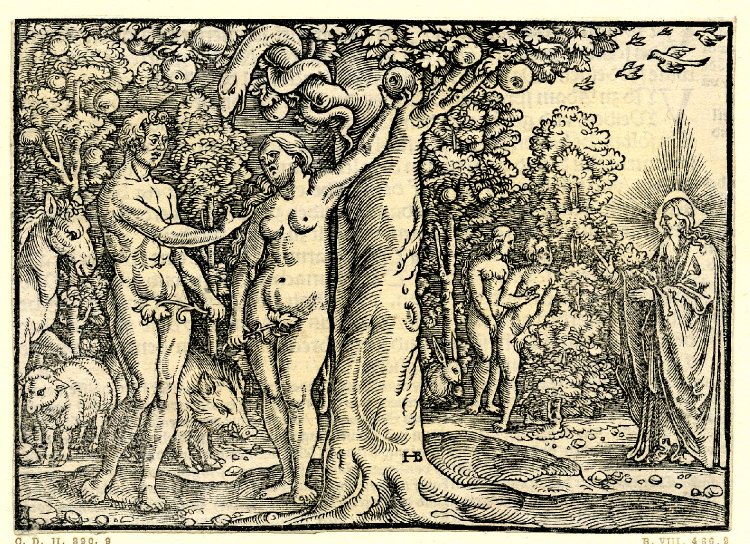
Although Lynn White Jr. and Pope Francis might at first appear as opposing poles in the ecological debate, closer examination reveals them to be merely two sides of the same coin. Underlying their attack and defense of Christianity is the conviction that our modern ecological crisis has been brought about by the dangerous belief in man’s dominance over nature. For White this original sin was found in the heart of Christianity itself, with the story of creation and the idea that “God planned all of this [nature] for man’s rule” (White 4). On the other hand, Pope Francis, being the head of the Catholic church, trace the idea to our alienation from God. In his book, Pope Francis wrote“the harmony between the Creator, humanity and creation as a whole was disrupted by our presuming to take the place of God and refusing to acknowledge our creaturely limitations” (Francis 48).This raises an interesting question. Christianity has been around for thousands of years and humanity’s alienation from God, according to the Christian tradition, have been present since the dawn humanity. Why has the ecological crisis only now appeared? It is true that instances of human caused environmental damage have been around for a long time, but the scale and rapidity of environmental degradation did not exist until the Industrial Revolution. After all, it was this degradation that led to the rise of Romanticism in Europe in the early 19th century (“Romanticism” par.1). Both Francis and White miss what is historically specific about the modern ecological crisis. Another problem with both their approach is their hostility to human freedom. For White it was the use of a new type of plow in the 7th century by northern Europeans that turned distribution of land from one based on need to one based on “the capacity of a power machine to till the earth” (White 4). White appear to suggest that the move away from subsistence farming was a mistake. What he forgets is that this move allowed for the production of surplus and enables human culture and freedom. For the first time, humans no longer have to be solely occupied with the production of food freeing ourselves to develop other capacities. This is what separates us from other animals. Francis pays closer attention to the question of freedom, but he falls into a similar trap as well. In saying that “the earth was here before us and it has been given to us”, Francis reduce the role of humans to that of a housekeeper in God’s mansion. The earth is no longer a place where we can freely develop our human capacities. What all these problems in Francis and White’s arguments amount to is their misunderstanding of the problem. What’s important about the ecological crisis is that it was caused by human actions and that it threatens our free development. In other words, the ecological crisis is not a crisis of nature. It is a crisis of human society.
1. “Romanticism.” Wikipedia, Wikimedia Foundation, 27 Sept. 2019, https://en.wikipedia.org/wiki/Romanticism.

